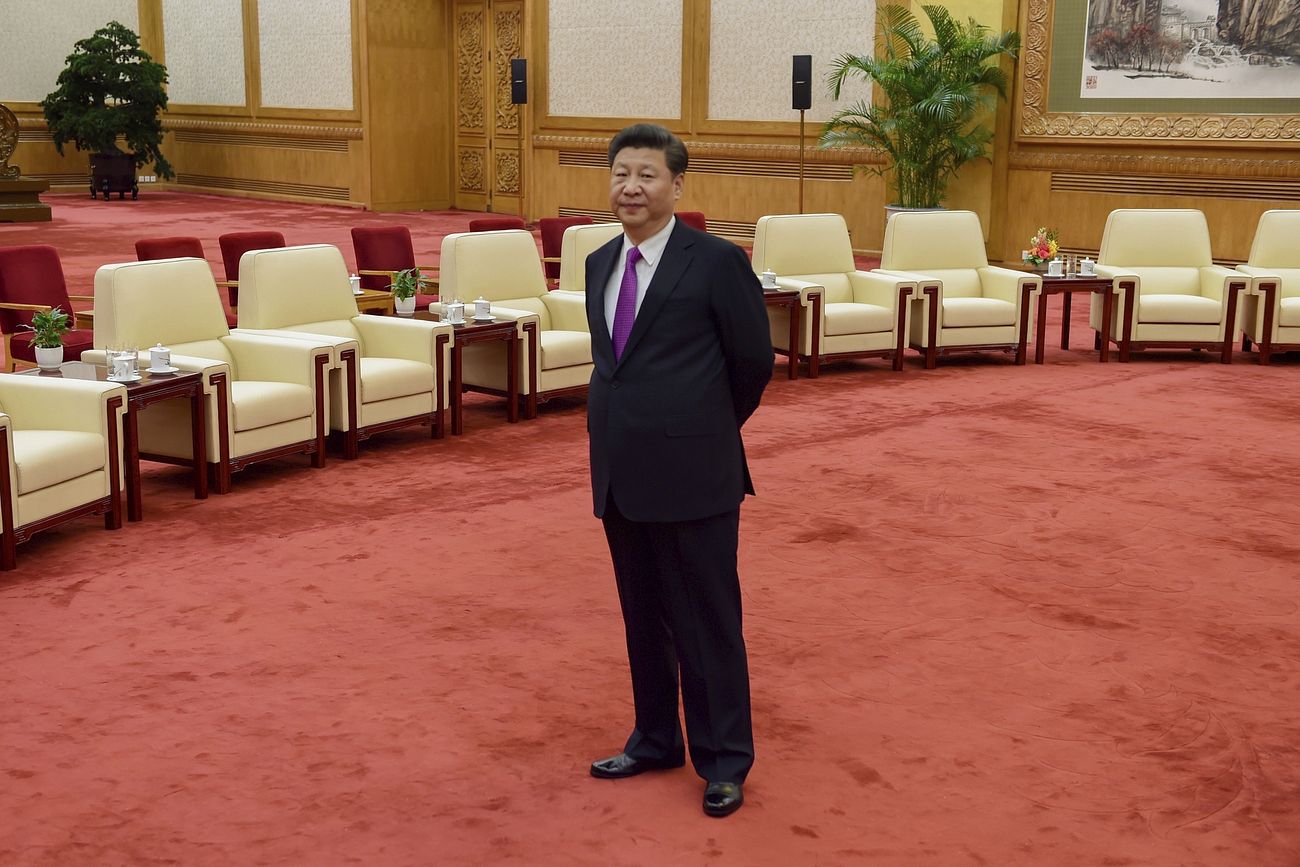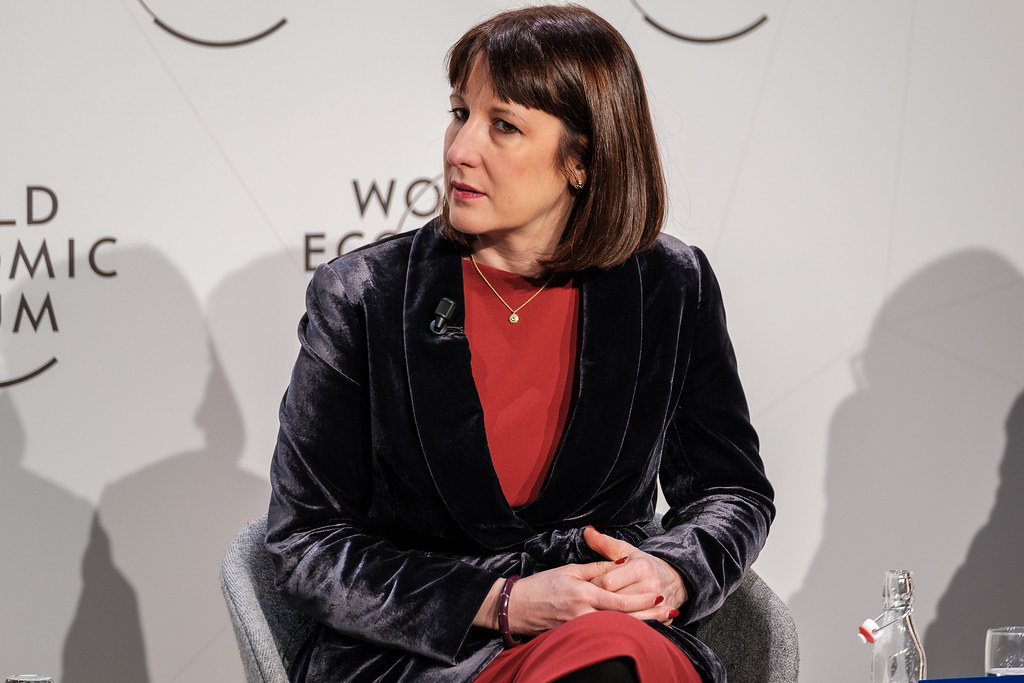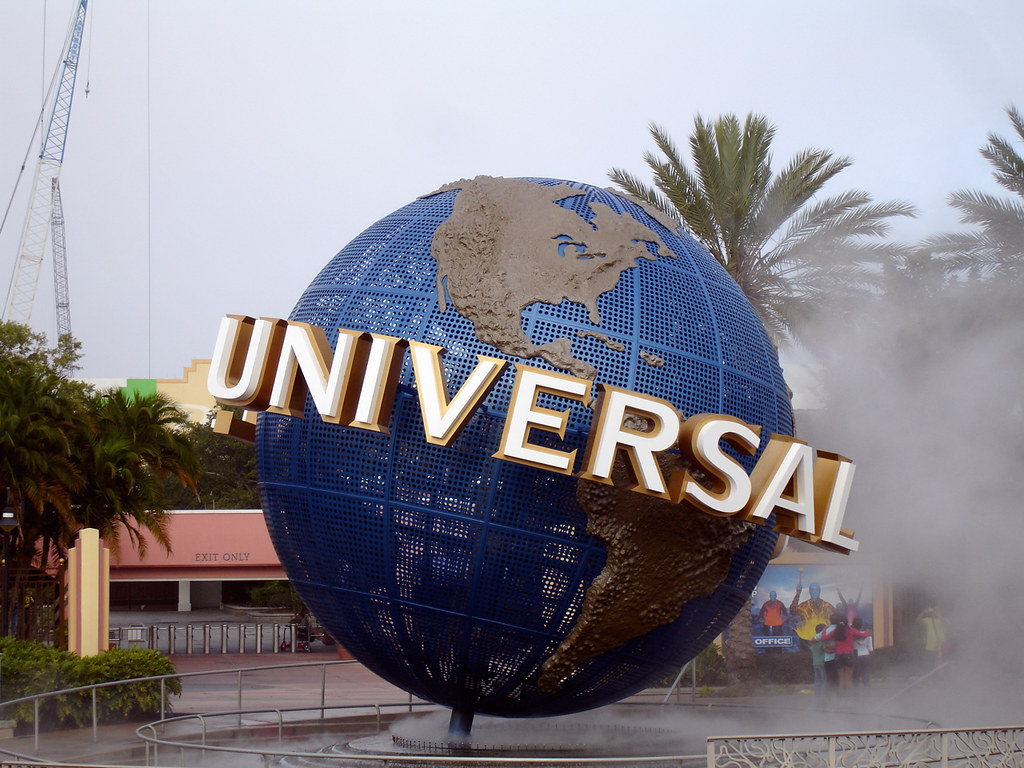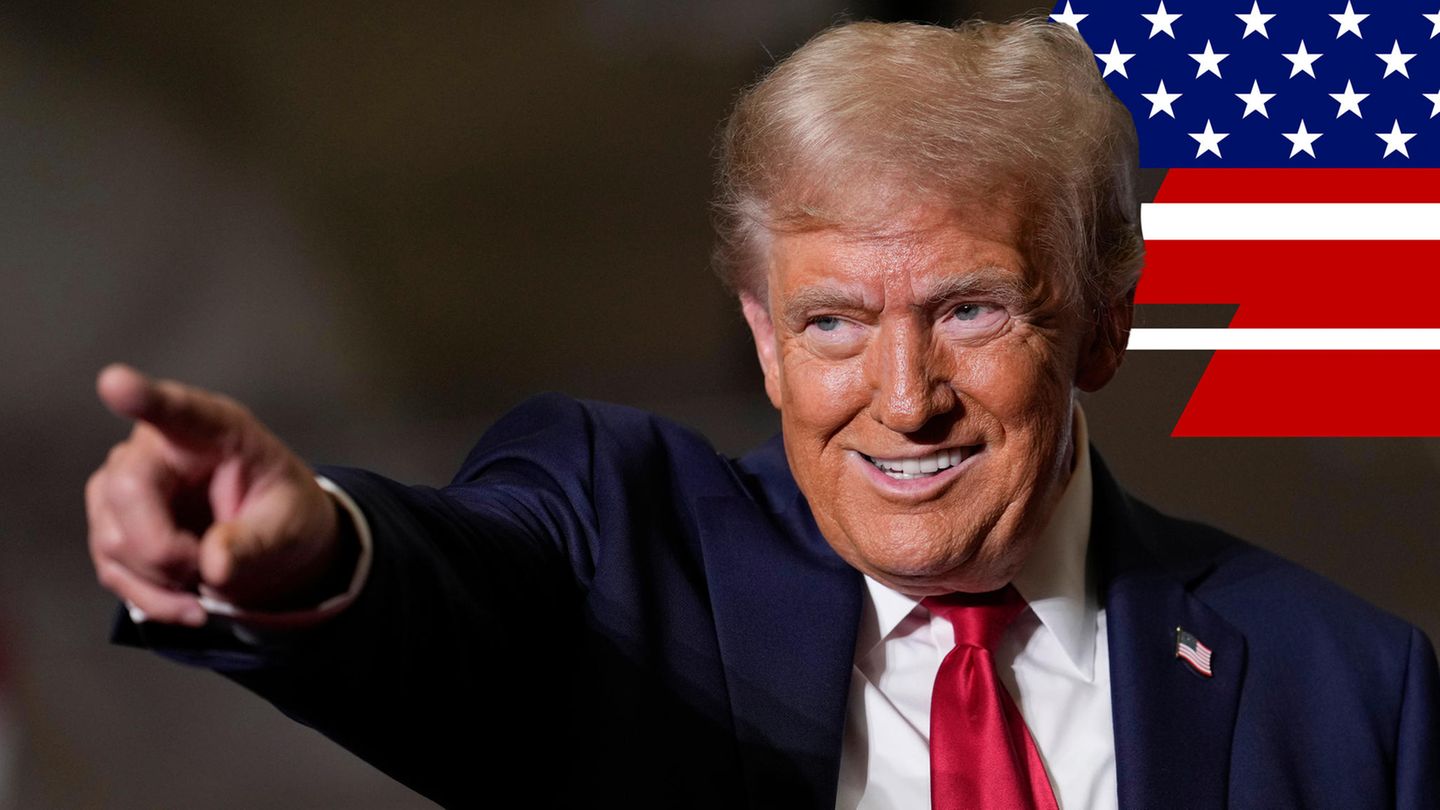The UK economy contracted by 0.3% in April, marking its worst performance in a year and a half. This decline came amid rising taxes for businesses, higher household bills, and a sharp fall in exports to the United States.
Chancellor Rachel Reeves Responds to Economic Downturn
Chancellor Rachel Reeves called the latest figures “clearly disappointing” but declined to rule out future tax rises when she presents the autumn Budget. She highlighted the current uncertainty in the global economic environment, saying, “No chancellor is able to write another four years of Budgets within a first year of government.”
Despite the monthly contraction, the three-month growth figure to April showed a 0.7% increase, providing a slightly more stable outlook.
Experts caution that without stronger economic growth, further tax increases are likely. Paul Johnson, director of the Institute for Fiscal Studies, noted, “Any move in the wrong direction will almost certainly spark more tax rises.”
Ruth Curtice, CEO of the Resolution Foundation, echoed this view, pointing to an “unfunded” change to winter fuel payments that will likely force the chancellor to revisit tax policy in the autumn.
Spending Priorities and Budget Squeeze
In her recent Spending Review, Reeves pledged billions towards long-term projects aimed at boosting growth and living standards, such as new rail lines and the Sizewell C nuclear power plant. However, current day-to-day budgets are being tightened, with council tax expected to rise to fund local services.
The economy also faces external pressures. The introduction of 25% tariffs on UK cars exported to the US contributed to a £2.7 billion drop in exports in April, with goods to America falling by £2 billion—the largest monthly decrease on record.
The government has since negotiated tariff deals with the US, EU, and India, but import taxes remain on many UK goods entering the US.
Businesses Feel the Squeeze
Local businesses are grappling with rising costs, including higher employer National Insurance contributions, minimum wage increases, and business rates.
Ollie Vaulkhard, who runs 17 hospitality venues, described the cumulative pressure: “Each one of those is manageable — you put them all into a pot, ultimately we’ve got to charge our customers more.”
Shadow Chancellor Mel Stride accused Reeves of causing the weak growth through her economic choices, warning that “more taxes are coming.”
Liberal Democrat Treasury spokesperson Daisy Cooper described the figures as a “wake-up call” for a government that has ignored small businesses struggling with the rising “jobs tax.”
Author’s Opinion
The UK government is facing a tough balancing act. Without stronger growth, tax increases seem inevitable, but excessive taxation risks further slowing the economy. The focus must be on creating an environment that encourages investment and productivity rather than squeezing businesses and households with more levies.










